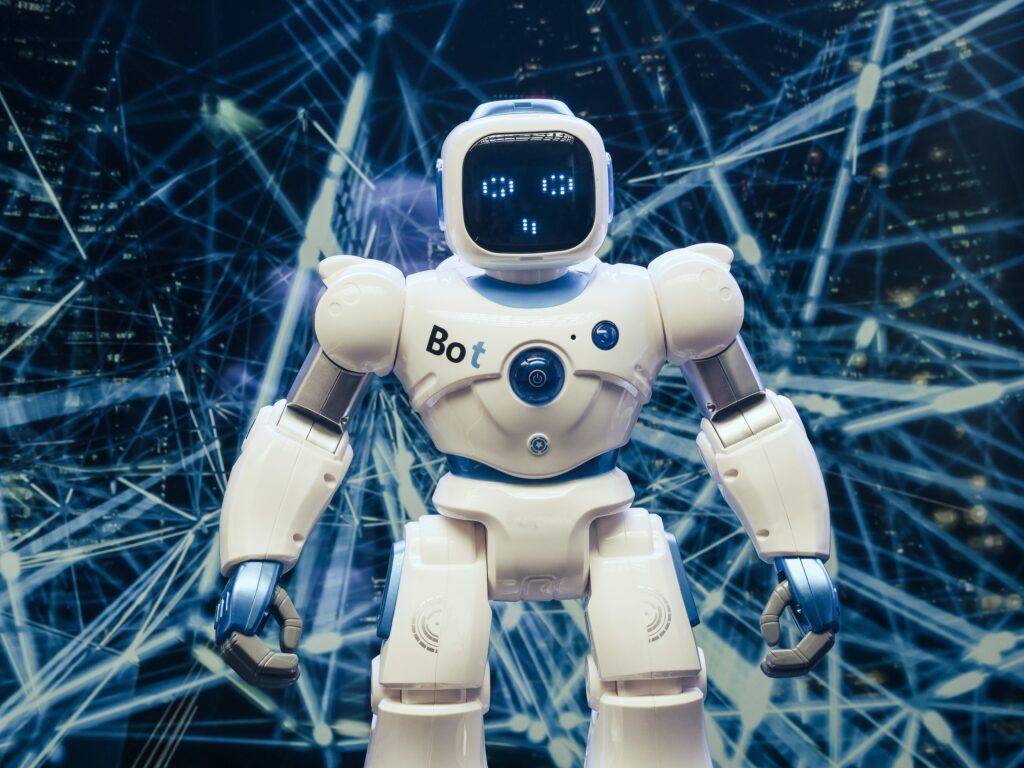To Share is to Show You Care!
Artificial intelligence (AI) is rapidly changing the way we live and work. One of the most significant impacts of AI is on employment, as the technology becomes more advanced, it is able to perform tasks previously done by humans. This has the potential to greatly disrupt the job market and lead to widespread job loss. In this post, we will explore how AI is changing the employment landscape and what it means for the future of work.
1. Automation of jobs
One of the most notable ways in which AI is changing the employment landscape is through the automation of jobs. AI systems are able to perform tasks that were previously done by humans, such as data entry, customer service, and even some white-collar jobs. This has the potential to greatly reduce the need for human labor in certain industries, leading to job loss. It is important to note that not all jobs are equally susceptible to automation; jobs that involve creativity, critical thinking, and emotional intelligence are less likely to be automated.
2. Impact on specific industries
AI is likely to have a significant impact on certain industries. For example, in the manufacturing industry, robots and other forms of automation are already being used to perform tasks such as welding and assembly. In the transportation industry, self-driving cars and drones are being developed that could potentially reduce the need for human drivers. In the healthcare industry, AI-powered diagnostic tools are being developed that could help doctors make more accurate diagnoses. These advances in technology have the potential to greatly improve efficiency and productivity in these industries, but they also have the potential to lead to job loss.
3. The rise of new jobs
While AI has the potential to lead to job loss, it also has the potential to create new jobs. For example, as AI systems become more prevalent, there will be a greater need for people with the skills to develop and maintain these systems. Additionally, as AI becomes integrated into more industries, there will be a growing need for people with expertise in areas such as data analysis and machine learning.
4. The need for re-skilling and up-skilling
As AI continues to change the employment landscape, it will be important for workers to adapt and acquire new skills. This may involve re-skilling, which is the process of learning new skills to perform a job that has been automated, or up-skilling, which is the process of learning new skills to perform a job that has been transformed by technology. For example, a factory worker who has lost their job due to automation may need to re-skill to become a maintenance technician for the robotic equipment.
AI is changing the employment landscape in significant ways. While technology has the potential to greatly disrupt the job market, it also has the potential to create new jobs. It is important that we consider the potential consequences of this technology and work to ensure that it is developed and used responsibly. By investing in re-skilling and up-skilling programs, we can help workers adapt to the changing job market and ensure that they are able to take advantage of the new opportunities created by AI.
Conclusion
In conclusion, it is crucial for society to be aware of the impact of AI on employment and work to ensure that the technology is developed and used responsibly. It’s important to note that not all jobs are equally susceptible to automation and new jobs will arise as the technology becomes more prevalent. As AI continues to change the employment landscape, it will be important for workers to adapt and acquire new skills through re-skilling and up-skilling programs. By investing in these programs, we can help workers adapt to the changing job market and ensure that they are able to take advantage of the new opportunities created by AI. It is important for businesses, governments, and educational institutions to work together to create a future of work that is inclusive, fair, and benefits everyone. This includes investing in programs that help workers transition to new jobs, providing education and training opportunities to acquire new skills, and developing policies that support worker retraining and job creation. By working together, we can ensure that the robot revolution leads to a future of work that is prosperous and equitable for all.
The Informed Minds
I'm Vijay Kumar, a consultant with 20+ years of experience specializing in Home, Lifestyle, and Technology. From DIY and Home Improvement to Interior Design and Personal Finance, I've worked with diverse clients, offering tailored solutions to their needs. Through this blog, I share my expertise, providing valuable insights and practical advice for free. Together, let's make our homes better and embrace the latest in lifestyle and technology for a brighter future.

